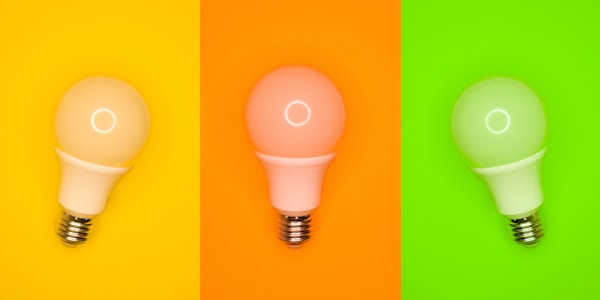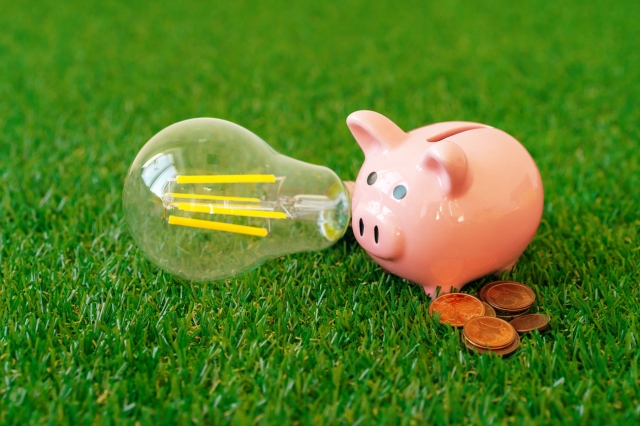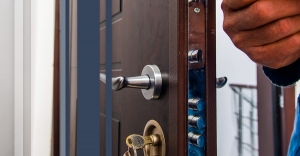Energy efficiency is an increasingly important topic for homeowners to consider. Not only does it reduce the environmental impact of a property, but it can also save homeowners significant amounts of money. By improving energy efficiency, homeowners can reduce their monthly utility bills, providing greater financial stability in the long run. Additionally, energy-efficient homes have higher market value, providing a better return on investment when it comes time to sell. However, many homeowners don't know what to do or where to start. Fortunately, there are resources that can help. If you're in need of advice, keep reading for some energy-saving tips for homeowners.
What are some energy-saving tips for homeowners?

Ceiling fans are a great way to cool down a room. They work by circulating the air in the room and creating a cooling breeze. This means that you can turn up the thermostat on your air conditioner and let the ceiling fan do the rest of the work, which can reduce your energy bill. Just make sure you have your fans spinning in the right direction, so they can provide optimal cooling. You want your fan to blow wind toward the floor for a wind chill effect, so if you notice your fan isn't spinning in this direction, turn it completely off before using the toggle switch to reverse it.
Taking advantage of natural lighting is one of the most effective and economic strategies for boosting energy efficiency. Natural light provides a free source of illumination that can significantly reduce your electricity bill while adding an aesthetically pleasing touch to your home. You can maximize the amount of light coming in from windows, skylights, and doors. Additionally, look for ways to help reflect natural light around darker corners. This adds ambiance and also spread more illumination throughout your home with no added cost.
Assessing your insulation levels is another key step for homeowners looking to save energy. Insulation is the material used to trap air in a space, preventing it from entering or leaving the area. The type of insulation used depends on where it’s being installed and what purpose it serves. Each type has its own benefits and drawbacks that must be taken into consideration.
How else can you improve your energy efficiency?

Now that you have a better idea of what changes you can make at home to boost your energy efficiency, let's talk about some other lifestyle adjustments that could make a big difference. For example, you should consider switching to LED lightbulbs. LED bulbs use significantly less energy than traditional incandescent bulbs, which not only saves you money on your energy bills but also reduces your carbon footprint. LED bulbs last up to 25 times longer than incandescent bulbs, meaning you won't have to replace them as frequently.
Upgrading to a smart thermostat is a good idea as well. They can be programmed to automatically adjust the temperature based on your schedule and preferences, which can allow you to limit your energy usage and save money. Additionally, a smart thermostat can provide you with valuable insights into your energy usage. They can track how much energy you use and when, so you can even optimize your energy usage to be as eco-friendly as possible. This can allow you to noticeably reduce your home's overall carbon footprint.
As you can see, energy-saving tips for homeowners are an essential part of reducing energy consumption and environmental impact. By implementing these tips, homeowners can save money on energy bills, conserve resources, and benefit the planet. Some options to consider include improving ventilation, using natural light, and updating your insulation. Switching to LED light bulbs instead of traditional bulbs and upgrading to a smart thermostat can be beneficial too. Follow the tips in this article and you'll be well on your way to having a greener and more efficient home.






